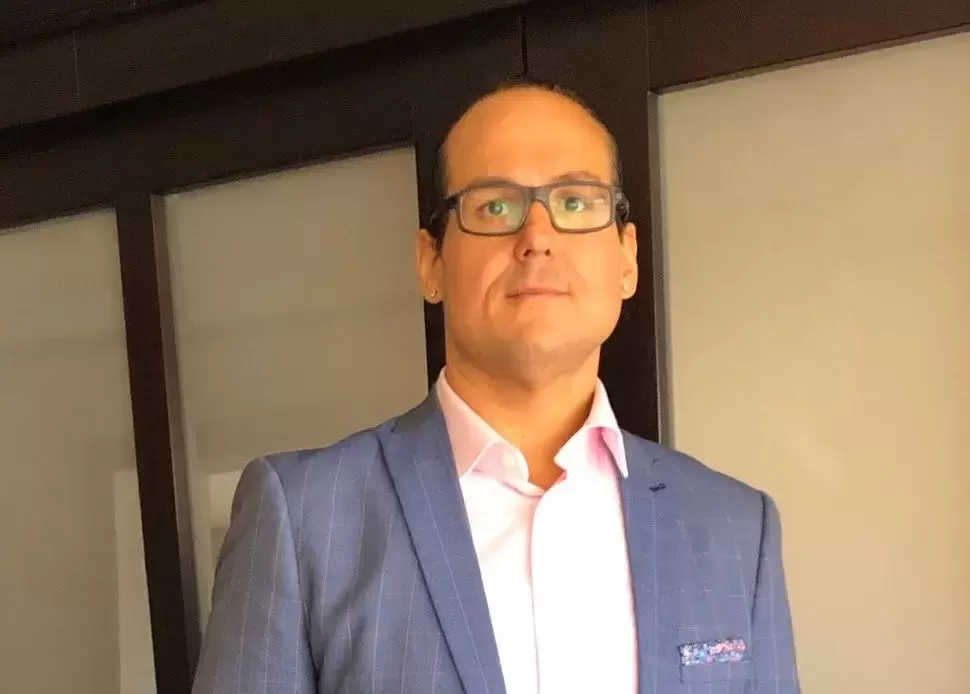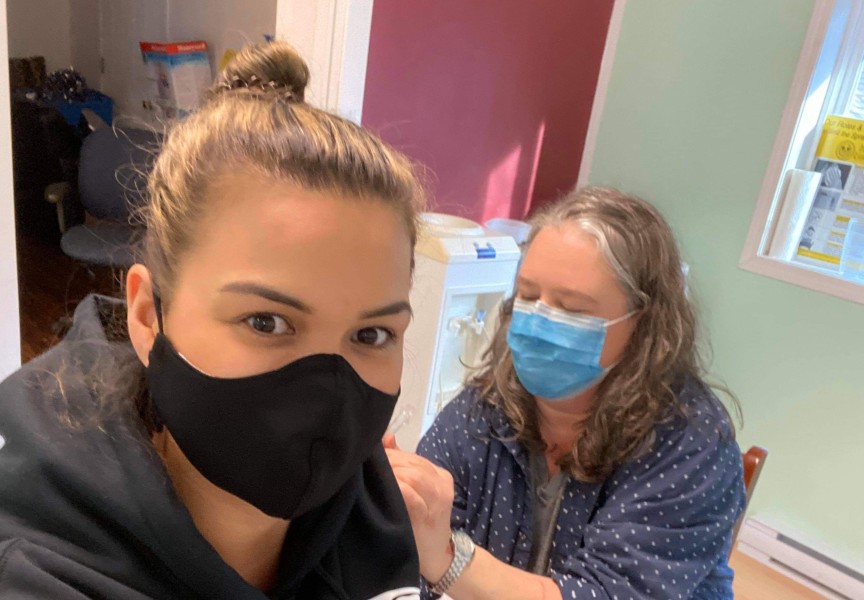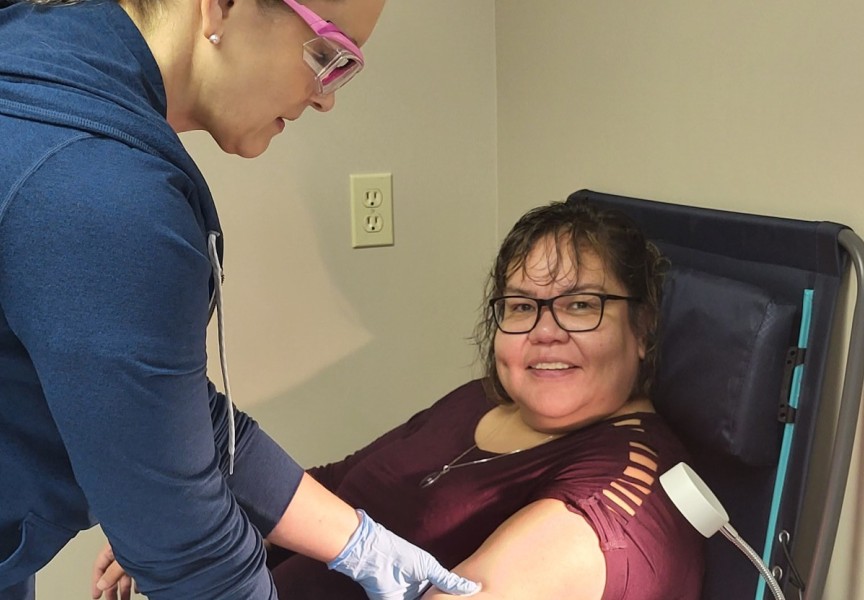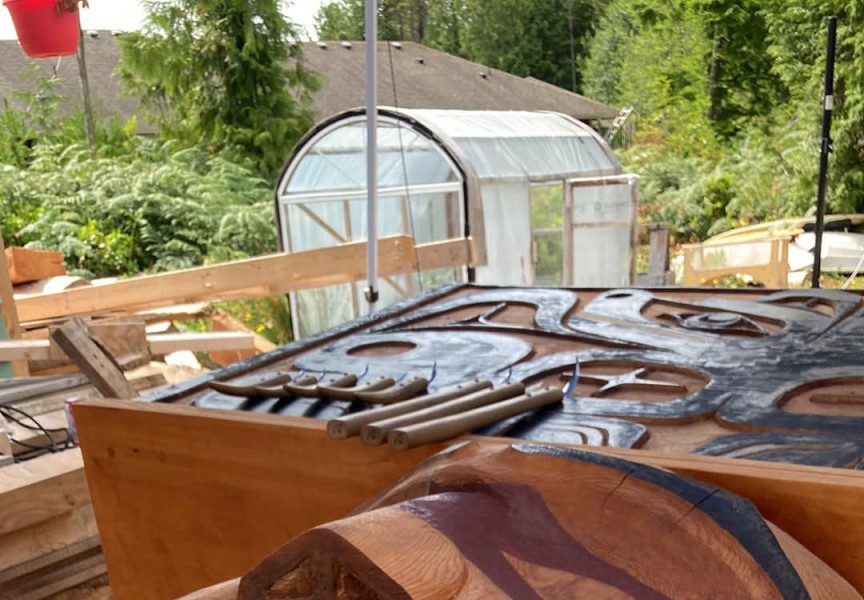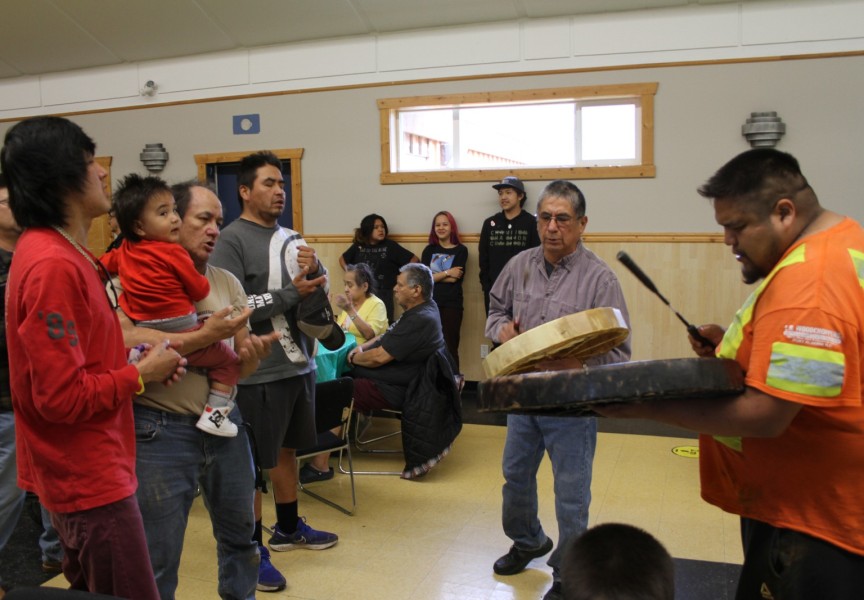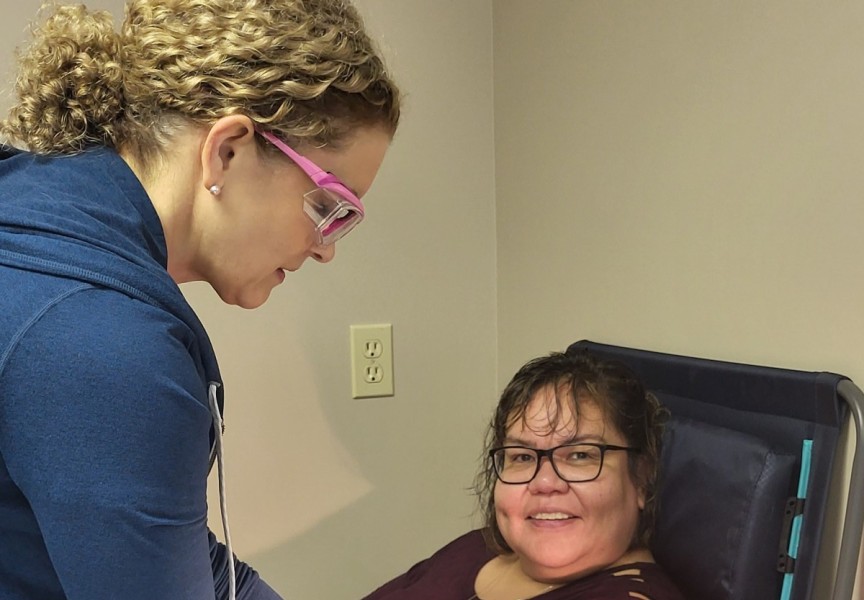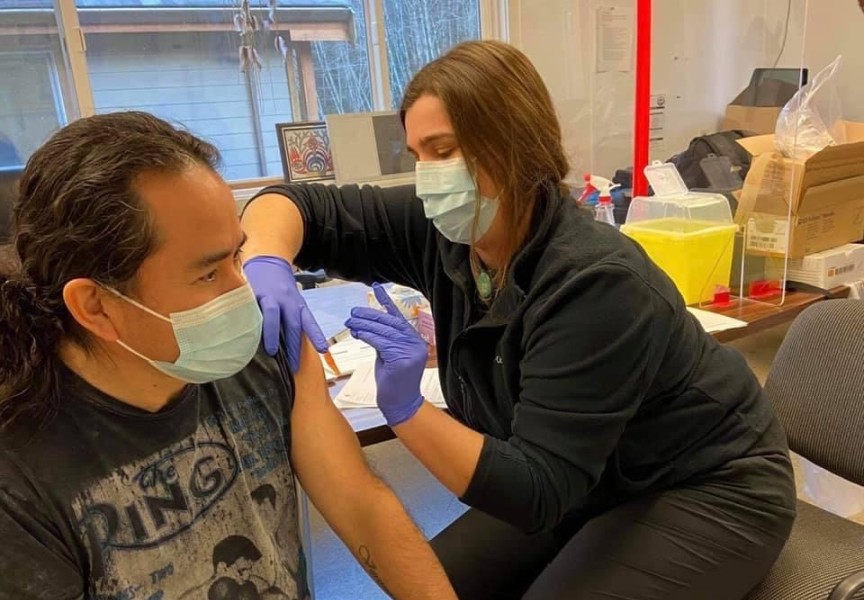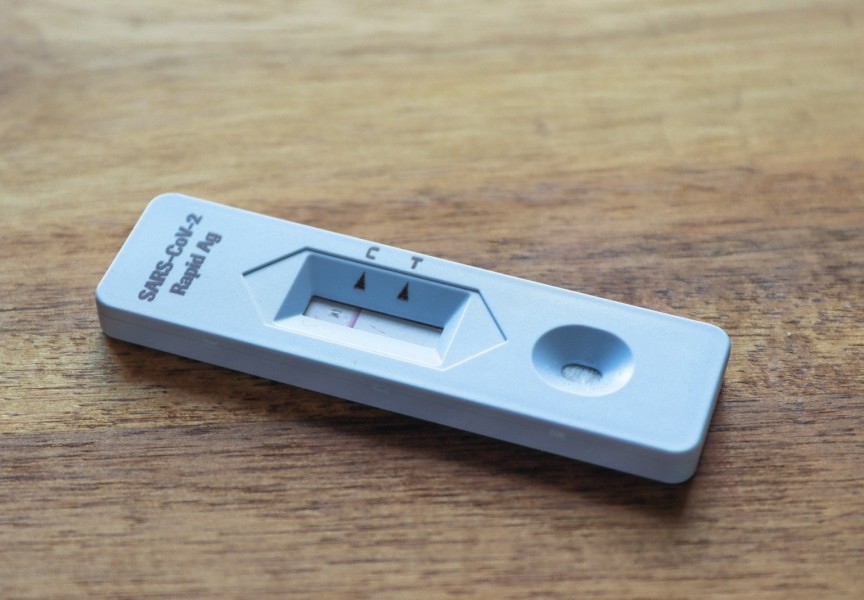The Nuu-chah-nulth Tribal Council has hired Dr. Roger Boyer, an Anishinabek man from Mississauga, Ontario, to head up a study looking at the effectiveness and safety of COVID-19 vaccines as well as gather stories from Nuu-chah-nulth people about their experiences during the pandemic.
“We want to learn what makes us more vulnerable or more resilient, in addition to the COVID-19 vaccine,” said Keiten Brown, NTC Vaccine Study communications coordinator, in a Feb. 3 press release.
When the pandemic began in 2020, Indigenous villages took the unprecedented step of closing off communities. They followed the provincial health officer’s orders, taking extra precautions – frequent hand washing, mask wearing and even avoiding visits among relatives to prevent the spread of COVID-19. Still, many Nuu-chah-nulth people contracted the virus, suffering serious illness and even death in some cases.
“The global COVID-19 pandemic has been especially hard on our communities,” wrote NTC Vaccine Study team in a Feb. 3 media statement. “The disruptions of daily life, isolation, added care responsibilities, and many other effects, bring challenges that we are meeting with both old and new practises to stay well,.
“While the vaccine helps our bodies to fight infection, the ways we support each other within our families and communities, old and new practices to stay physical, mentally, emotionally, and spiritually well, play an equally important part in protecting us,” they continued.
NTC Director of Health Lynette Lucas will supervise the study acting as principal investigator supported by a team of researchers from Simon Fraser University. She said it was about a year ago at an NTC director’s meeting that there was a discussion about the Nuu-chah-nulth experience around the pandemic.
“The NTC directors wanted to document the Nuu-chah-nulth experience around the vaccine and the pandemic,” she said.
Lucas went on to say that the directors wanted to know how effective the vaccine has been for Nuu-chah-nulth people, how many of them were comfortable taking the vaccine and what guided decisions on whether or not to be vaccinated against COVID-19.
According to Lucas, there will be two components to the study. One will be collecting information about COVID-19 infections and immunization experiences for Nuu-chah-nulth people. The other will be the collection of cultural and community information that supported Nuu-chah-nulth people and families through the pandemic.
“We will be conducting interviews with individuals and also with multi-generational family groups to get a full picture of what’s happened for all generations,” said Lucas.
The NTC Vaccine Study team will invite elders, family groups and community leaders to share their stories about past and present pandemic experiences.
The information gathered during the study will help inform the NTC’s health services department on what needs to be done in the future and to support funding applications for health delivery services. Boyer said that the study will allow them to integrate our Indigenous ways of knowledge and bring it into primary health care.
For the health component of the study, Nuu-chah-nulth people will be asked to take blood spot tests to identify the number of Nuu-chah-nulth-aht that had previously had COVID-19. In some cases, people can contract COVID-19 and not develop symptoms.
Boyer hopes that information gleaned from the study will help them better understand the impacts COVID-19 had on the community and within family groups and how the people coped.
“We want to learn from this pandemic and make our people stronger,” he added
Lucas and Boyer say that the study will comply with NTC research ethics and OCAP (ownership, control, access and possession) principals of data sovereignty.
Boyer and others will begin visiting Nuu-chah-nulth communities in the second week of May, first introducing themselves and providing information about the project.
“We want people to be very comfortable with the team so they will begin introducing themselves in the next month or so,” said Lucas.
The project is expected to take up to 18 months with teams visiting Nuu-chah-nulth-aht in the communities and urban areas. People will be hired to collect traditional knowledge throughout the process. They hope that by the end of the project, 5,000 Nuu-chah-nulth-aht of all ages will have participated in the study.
Lucas said that people wanting to share information about how people used culture to get through the pandemic are welcome to speak to the team.
“It’s important to start trust-building so we will let the community tell us how to earn their trust,” said Boyer.
He went on to say that even though he is Indigenous, he doesn’t know the Nuu-chah-nulth way and that is important to learn. They will start in Hot Springs Cove in the second week of May.
Boyer invites people to contact the team for more information. He can be reached by email at Roger.Boyer@nuuchahnulth.org.

